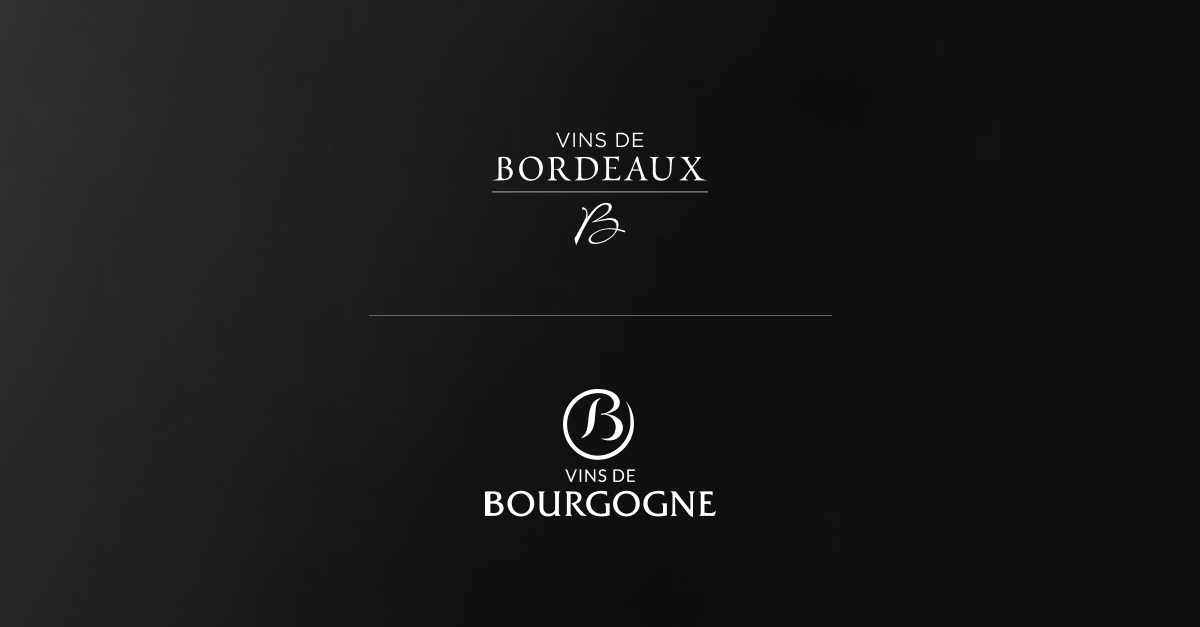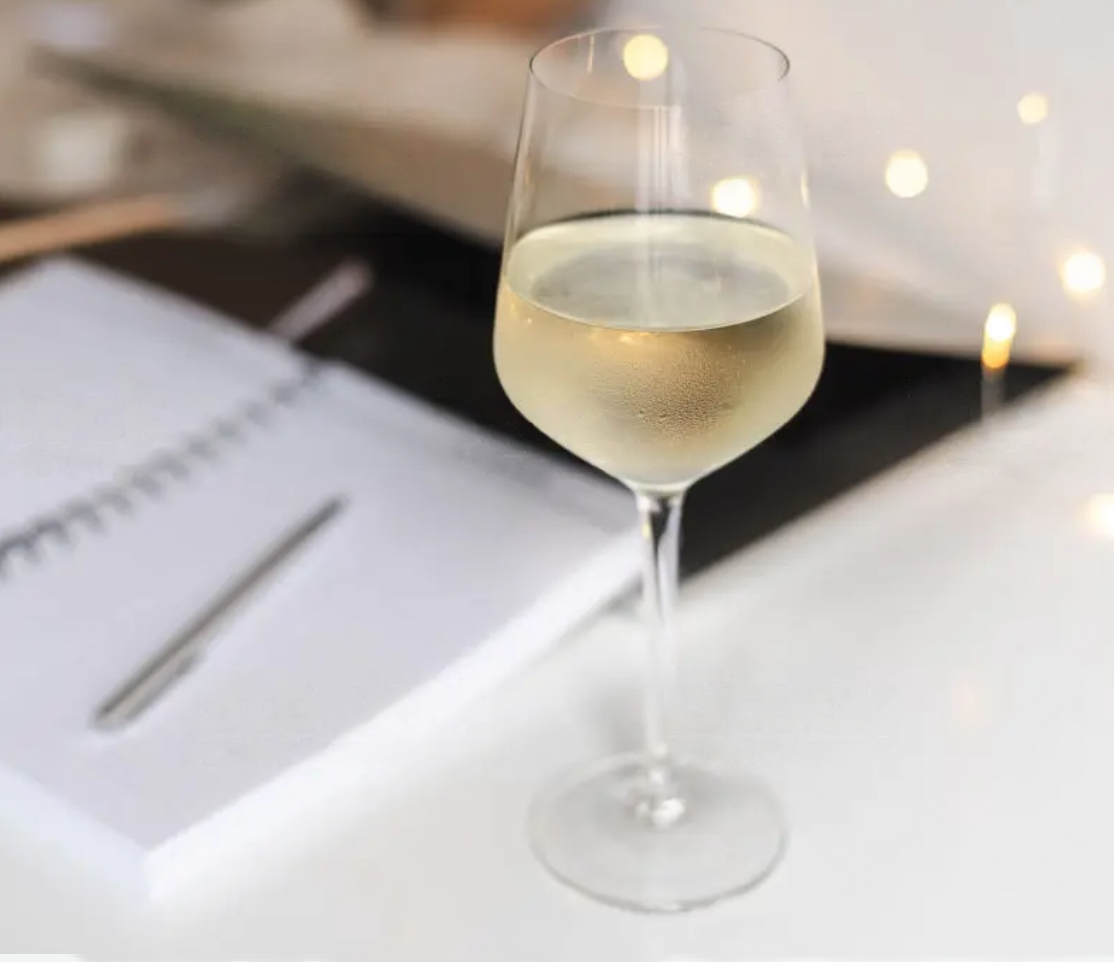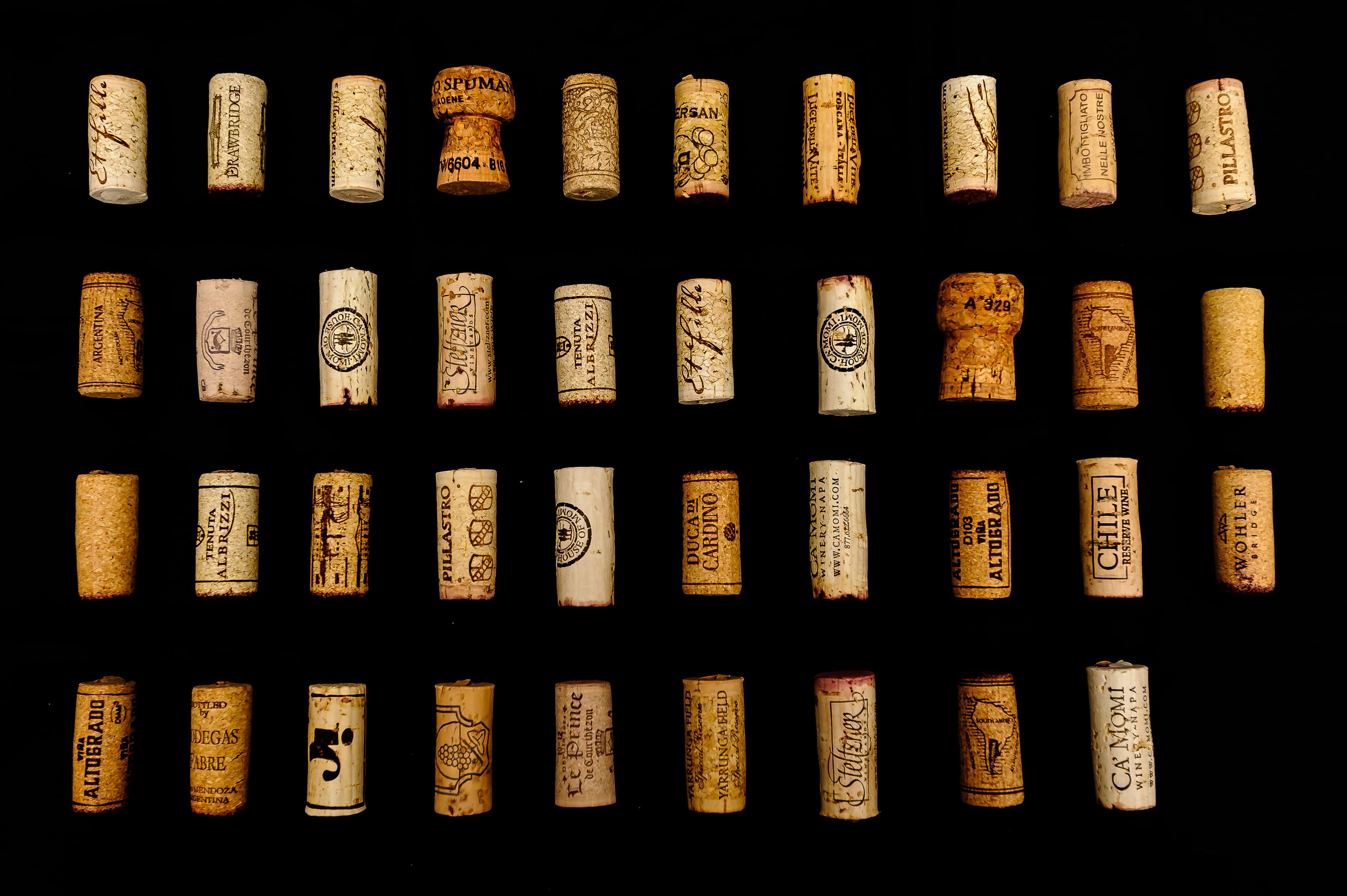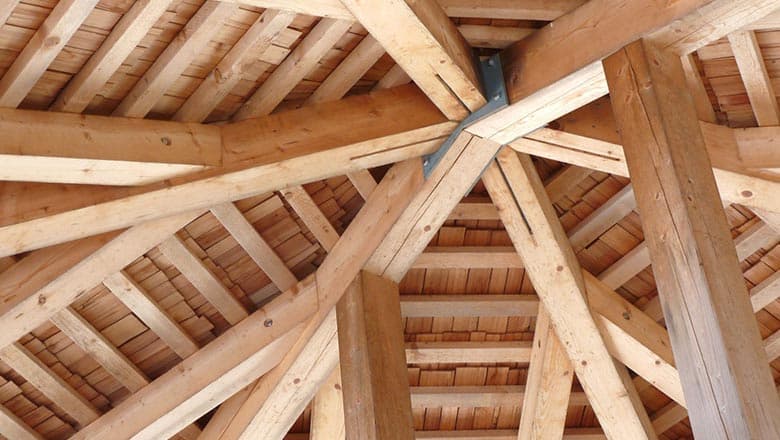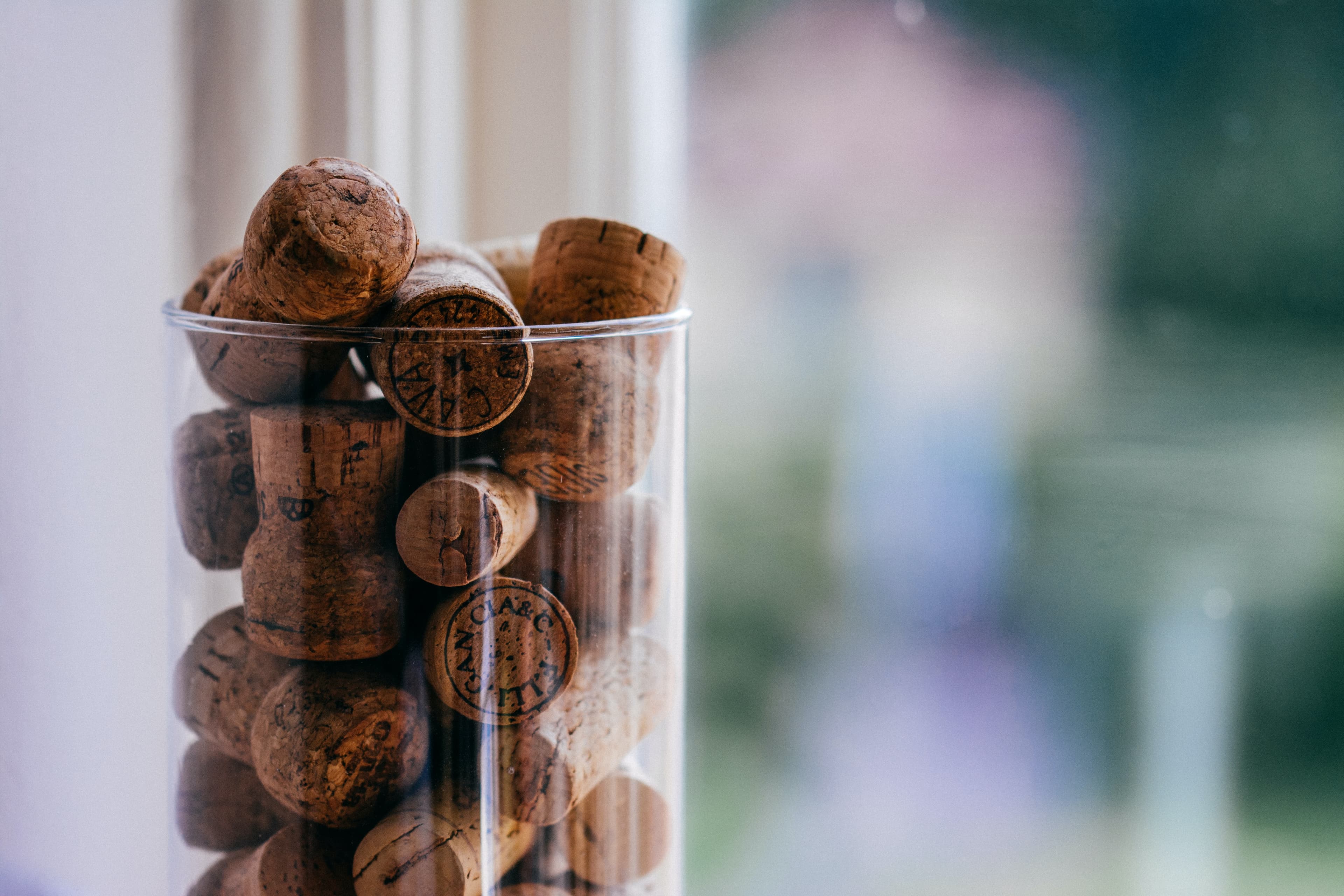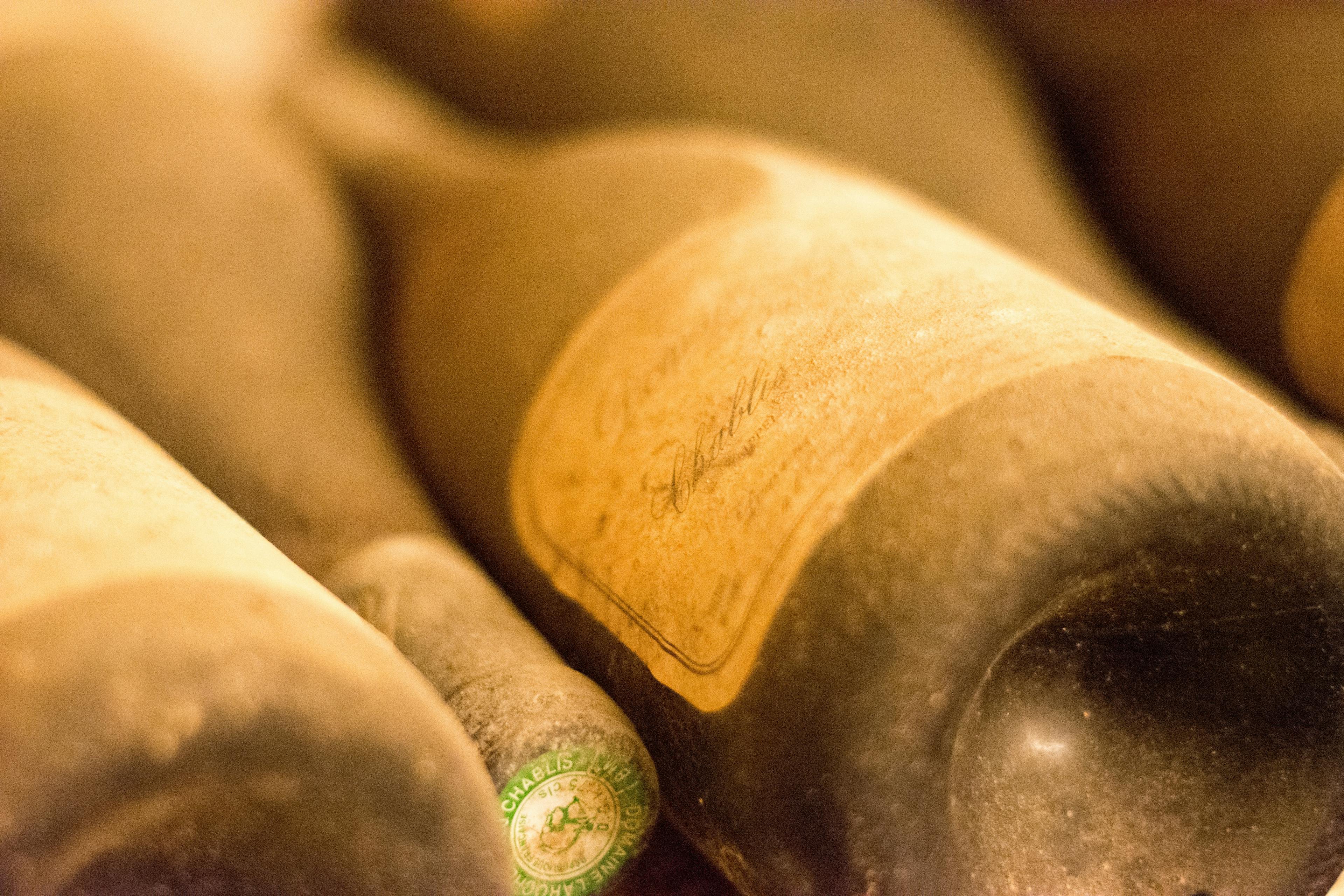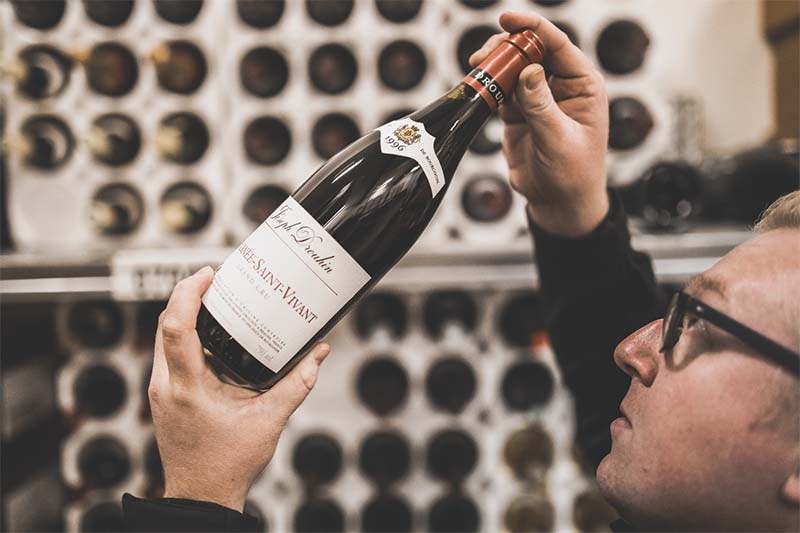
Storing Veuve Clicquot properly is crucial for preserving its exquisite taste and quality. This luxurious champagne, known for its rich history and exceptional craftsmanship, requires specific conditions to ensure it remains in perfect condition. Whether you're a collector or a casual enthusiast, understanding the right storage techniques is essential. From temperature control to positioning and light exposure, this article will guide you through the necessary steps to safeguard your Veuve Clicquot. Learn how to maintain the integrity and flavor of your champagne with our expert tips.
Ideal Temperature and Humidity for Storing Veuve Clicquot
Storing Veuve Clicquot in the right conditions is crucial to maintain its quality and flavor. The ideal temperature for storage should be steady, around 45-65°F (7-18°C). Fluctuations in temperature can cause the champagne to age prematurely, affecting its taste and effervescence. Humidity also plays a significant role in preserving Veuve Clicquot. A humidity level of 70% is optimal. This prevents the cork from drying out, ensuring it remains expanded and keeps the bottle sealed effectively.
Avoid direct sunlight: UV rays can degrade the quality of champagne, leading to undesirable flavors.
Store bottles horizontally: This keeps the cork moist, preventing air from entering the bottle.
Choose a vibration-free environment: Vibrations can disturb the sediments in champagne, impacting its maturity and taste.
Understanding these characteristics will help ensure that your Veuve Clicquot is stored under ideal conditions, preserving its exquisite taste and quality for special occasions.
Light Exposure: Protecting Veuve Clicquot from UV Rays
Exposure to light, particularly UV rays, can significantly degrade the quality of Veuve Clicquot. To preserve the craftsmanship inherent in this prestigious champagne, it is crucial to minimize its exposure to harmful light sources. Here are some effective strategies:
Store in a Dark Environment: Keep your bottles in a dark place where direct sunlight or artificial UV light cannot reach them. A cellar or a cabinet designed for wine storage is ideal.
Use UV-Protective Glass: If you must display your Veuve Clicquot, consider investing in storage units that feature UV-protective glass. This will shield the champagne from UV damage while allowing visibility.
Consider Wine Coolers: For those without access to a traditional cellar, wine coolers offer a controlled environment that keeps UV rays at bay. Ensure the cooler is placed in a location that avoids direct sunlight.
Wrap Bottles: Wrapping bottles in cloth or storing them in boxes can also protect them from light. This is a practical solution for short-term storage or when options are limited.
By implementing these measures, you ensure that the delicate flavors and aromas of Veuve Clicquot are preserved, maintaining its exquisite quality and enjoyment.
Horizontal vs Vertical Storage: Best Practices
When considering the storage of Veuve Clicquot, the orientation of the bottle plays a crucial role in maintaining its quality and taste. Storing bottles horizontally is the preferred method for several reasons. Firstly, this position keeps the cork moist, which is essential for preventing air from entering the bottle and potentially spoiling the champagne. A dry cork can shrink, leading to oxidation and a flat taste.
On the other hand, vertical storage is typically used for short-term solutions. While it may save space, this method risks drying out the cork, as mentioned earlier, which can degrade the champagne's integrity and flavor. Therefore, for long-term storage, horizontal placement is strongly advised to ensure the longevity and enjoying of Veuve Clicquot at its best.
Temperature Control: Keep the storage area at a consistent temperature, ideally between 10°C and 15°C.
Humidity Levels: Aim for a humidity level of about 70% to keep the cork in optimal condition.
Darkness: Store the champagne in a dark place to prevent light from affecting the quality.
Vibration: Avoid areas with high vibration, as this can disturb the sediment in the bottle and affect the aging process.
The Importance of Vibration-Free Storage
Storing Veuve Clicquot in a vibration-free environment is crucial for maintaining its quality and taste. Vibrations can disturb the sediment in champagne, leading to premature aging and a potential loss of flavor. When the bottles are kept still, the natural aging process progresses smoothly, ensuring the development of desired aromas and complexities.
Consistency in Storage: Ensure that the storage area remains undisturbed by external movements such as heavy foot traffic or nearby machinery.
Use of Specialized Racks: Investing in quality wine racks that minimize movement can protect your bottles from unwanted vibrations.
Location Choice: Basements or underground cellars are ideal as they naturally reduce the impact of external vibrations compared to upper floors.
Professional Storage Facilities: For those without access to a suitable home space, consider renting a spot in a professional wine storage facility. These places are designed to provide optimal conditions, including stable temperatures and reduced vibration exposure.
For enthusiasts looking to enhance their experience, exploring food pairings can significantly elevate the enjoyment of Veuve Clicquot. Pairing the right food with this champagne can bring out its unique flavors and aromas, making every sip a delight.
Long-Term Aging Potential of Veuve Clicquot
Veuve Clicquot, renowned for its deep and complex flavor profile, also boasts significant long-term aging potential. This characteristic is largely attributed to the meticulous production methods and the quality of grapes used. When considering the aging potential of Veuve Clicquot, several factors come into play:
Storage Conditions: To preserve its quality, the champagne should be stored in a cool, dark place with a consistent temperature, ideally between 10°C and 12°C. Humidity levels should be kept high to prevent the cork from drying out.
Bottle Position: It is crucial to store the bottles horizontally. This position keeps the cork moist, which is essential for maintaining its seal and preventing air from entering the bottle.
Time Frame: While non-vintage Veuve Clicquot can be enjoyed within a few years of purchase, vintage bottles can be aged for 10 years or more, developing richer and more complex flavors over time.
For enthusiasts looking to delve deeper into the history of Veuve Clicquot and its impact on the wine industry, understanding these storage nuances is key. Proper aging enhances the champagne's characteristics, making every sip a testament to its storied past.
When to Drink: Understanding Peak Maturity
Determining the optimal time to enjoy Veuve Clicquot can significantly enhance the taste experience. Typically, non-vintage champagnes like Veuve Clicquot should be consumed within three to four years of purchase. This timeframe ensures that the vibrant, fruity flavors are at their peak. For vintage bottles, however, the situation varies:
Vintage Champagnes: These are made from the grapes of a single exceptional year. Unlike non-vintage options, they benefit from extended aging. Connoisseurs often wait ten to fifteen years post-vintage before opening to allow the complexity and character to fully develop.
Storage Conditions: Proper storage is crucial. Keep the bottle in a cool, dark place away from vibrations to preserve its qualities until it reaches maturity.
Personal Preference: Ultimately, the decision also depends on personal taste preferences. Some prefer the fresh, lively qualities of a younger champagne, while others appreciate the nuanced depth that develops with age.
Monitoring these aspects will ensure that each bottle of Veuve Clicquot is enjoyed at its best.
Tips for Organizing Your Wine Cellar
Organizing your wine cellar can transform it into a sanctuary for your Veuve Clicquot and other cherished bottles. Proper storage is crucial to maintaining the quality and taste of your wine. Here are some tips to help you arrange your cellar effectively:
Temperature Control: Maintain a constant temperature around 55°F (13°C). Fluctuations can harm the wine's aging process.
Humidity Levels: Aim for 70% humidity to keep corks in good condition and prevent them from drying out.
Avoid Light: Wine is sensitive to light, especially UV rays which can degrade and prematurely age it. Use incandescent bulbs or LED lighting.
Horizontal Storage: Store wine bottles horizontally to keep the liquid against the cork, thus preventing it from drying out.
Vibration Minimization: Ensure your cellar is free from vibrations. Constant movement can disturb the sediment in wine, disrupting its natural aging process.
Organization System: Implement a system to easily track what you have. This could be as simple as labeling shelves by region, varietal, or vintage.
For more intriguing facts about Veuve Clicquot, consider exploring its rich history and production methods. This knowledge not only enhances your appreciation but also guides your storage choices.
Using Wine Fridges for Optimal Storage
Using wine fridges for optimal storage of Veuve Clicquot ensures that your champagne maintains its quality and taste. Wine fridges provide a stable environment with controlled temperature and humidity, which are crucial for preserving the delicate balance of flavors in champagne. Ideally, the temperature should be maintained between 45°F and 55°F with a humidity level of about 70%. This prevents the cork from drying out and minimizes the risk of oxidation, which can alter the taste of the champagne.
Additionally, wine fridges shield the champagne from light exposure, particularly UV rays that can degrade and prematurely age the wine. It's also important to store the bottles horizontally to keep the cork moist, ensuring a tight seal and preventing air from entering the bottle. For those looking to serve Veuve Clicquot at its best, a wine fridge is an indispensable tool. It not only preserves the champagne but also brings it to the perfect temperature for serving, enhancing the overall tasting experience.
Handling and Moving Bottles Safely
When handling and moving bottles of Veuve Clicquot, especially the popular vintages, it's crucial to maintain a gentle approach to preserve their quality. Here are some tips to ensure safe handling:
Use Proper Support: Always hold the bottle from the base while supporting the neck. This method provides stability and prevents accidental drops.
Avoid Shaking: Keep movements smooth and steady. Sudden jolts can disturb the sediment in older wines, potentially affecting their taste and texture.
Temperature Control: Transitions between temperatures should be gradual. Extreme changes can cause the wine to expand or contract, risking damage to the cork and the wine itself.
Horizontal Storage: During transport, keep bottles lying horizontally. This position keeps the cork moist, preventing it from drying out and allowing air into the bottle.
No Direct Sunlight: Always move the bottles in a dark environment. Exposure to sunlight can degrade the quality of the wine rapidly.
By following these guidelines, you can help ensure that each bottle remains in perfect condition for future enjoyment.
Monitoring Storage Conditions Over Time
Monitoring the storage conditions of Veuve Clicquot over time is crucial to maintaining its quality and flavor. Here are some key aspects to consider:
Temperature Consistency: Ensure the storage area maintains a steady temperature, ideally between 50-59°F (10-15°C). Fluctuations can accelerate aging and affect the wine's integrity.
Humidity Levels: Aim for a humidity level around 70%. This prevents corks from drying out, which might allow air into the bottle and spoil the champagne.
Light Exposure: Keep bottles in a dark place as light can degrade the quality of champagne. UV rays and fluorescent lighting are particularly harmful.
Vibration Minimization: Avoid storing your Veuve Clicquot in places with frequent movements or vibrations, like near washing machines or heavy traffic areas, as this can disturb the sediment in the bottle.
Regular Checks: Periodically inspect the storage conditions and the bottles themselves for any signs of damage or wear. Look for leaks, mold on the cork, or any other indicators that the storage environment might need adjustments.
By diligently monitoring these factors, you can help ensure that your Veuve Clicquot remains in optimal condition for as long as possible.
Conclusion
In conclusion, storing Veuve Clicquot or any fine wine requires careful consideration of factors such as temperature, humidity, light exposure, and positioning. By maintaining a consistent temperature around 12-14°C, ensuring relative humidity levels are kept at 70%, protecting bottles from light, and storing them horizontally, you can preserve the quality and enhance the aging process of your Veuve Clicquot.
However, for wine enthusiasts who are looking to not only store but also potentially resell and trade their wines, managing these conditions at home can be challenging and risky. This is where Rekolt's professional cellar storage option becomes invaluable. By choosing Rekolt, you entrust your fine wines to experts who are dedicated to maintaining optimal storage conditions. Our state-of-the-art facilities are designed to ensure that every bottle of Veuve Clicquot, and other fine wines, are stored under perfect conditions that mimic the best traditional wine cellars.
Moreover, Rekolt's marketplace platform provides an easy and efficient way for you to manage your wine investments. You can track the condition and value of your wine, and when the time is right, easily list your bottles for sale or trade directly through the platform. This seamless integration of professional storage and marketplace capabilities ensures that your wine not only matures in a perfectly controlled environment but also holds the potential for future financial return. Choose Rekolt for peace of mind and potential profit, making the most out of your exquisite wine collection.
Share this article
